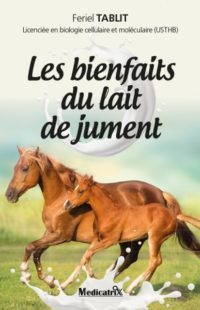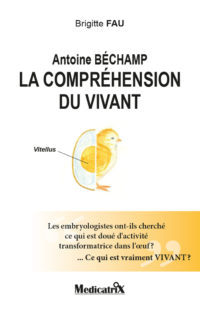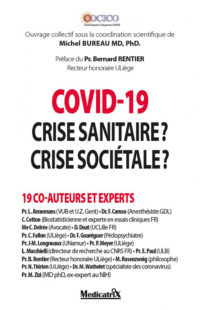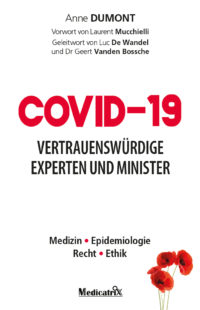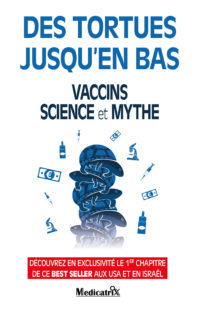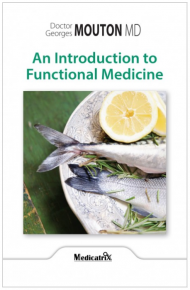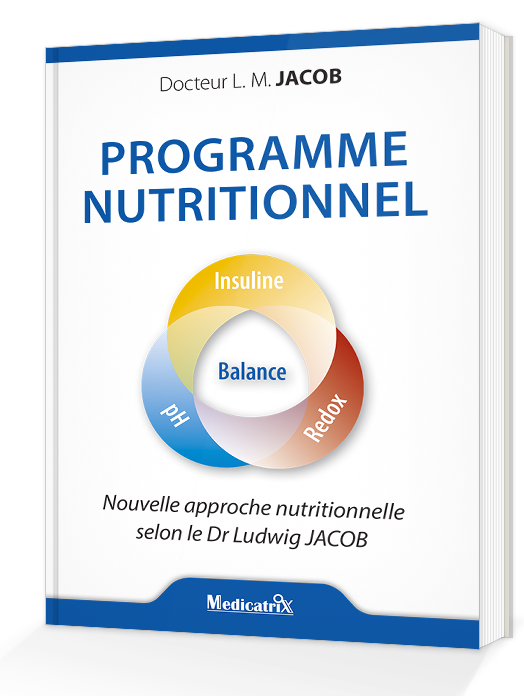Actualité brûlante du docteur Georges Mouton, médecine fonctionnelle.
AXE INTESTINS-RÉTINE : Comment prévenir la dégénérescence maculaire
Nous venons de publier la citation # 40 aujourd’hui et nous espérons que vous la lirez.
Je viens de découvrir cet article qui a été publié en 2017 dans Proceedings of the National Academy of Sciences of the United States of America–PNAS.
Premièrement , je suis impressionné par la qualité des auteurs qui proviennent de : Tufts University (Boston), Weizmann Institute of Science (Israel), Tokai University (Japan), MIT (Cambridge), and Harvard University (Cambridge).
Deuxièmement, je suis ravi de découvrir que des médecins utilisent le concept d’un axe intestins-rétine. Cela représente un nouveau paradigme pour moi, mais il se trouve en accord total avec ma philosophie globale et avec la Médecine Fonctionnelle.
En fait, c’est très proche de l’axe intestins-cerveau lorsque l’on considère que la rétine est en réalité une extension du cerveau (selon Encyclopaedia Britannica) : pas étonnant que les mêmes règles s’appliquent !
Par pur hasard, j’ai récemment échangé avec des ophtalmologistes appartenant à des écoles de pensées différentes (c’est à dire France, Royaume-Uni, États-Unis) au sujet de comment prévenir la dégénérescence maculaire liée à l’âge dans le contexte du protocole de l’étude AREDS (Age-Related Eye Disease Study) (2001) et AREDS 2 (2013).
AREDS 2 recommande une formule de supplément standard conçue pour la DMLA :
- Vitamine C
- Vitamine E
- Zinc
- Cuivre
- Lutéine
- Zéaxanthine
A l’exception du premier, je teste tous ces nutriments en routine pour mes patients en incluant les corrections si nécessaire dans leur programme de Médecine Fonctionnelle.
Cela fait un moment que je suis intrigué par le fait qu’aucun de mes patients suivis de longue date n’aie jamais développé ce type de maladie, à savoir la DLMA. C’est d’ailleurs ce que je voulais partager avec tous ces spécialistes de la rétine.
Mais ils ne semblaient pas particulièrement impressionnés : sourires, « chance », etc.
Pratiquement tous mes patients suivent un régime à faible index glycémique et ont pour instruction de minimiser leur taux d’hémoglobine glycosylée (Hba1c) que je considère comme le biomarqueur le plus pertinent pour suivre la progression du vieillissement.
Ma conclusion est qu’il existe un potentiel de prévention immense dans ce que nous faisons….
» Retrouvez tous les tweets du docteur G. Mouton sur son site internet.
GUT-RETINA AXIS: HOW TO PREVENT MACULAR DEGENERATION!
We have just posted QUOTE GM #40 today, which you will hopefully read.
I have just discovered this article that has been published by Proceedings of the National Academy of Sciences of the United States of America-PNAS in 2017. In first place, I am impressed by the authors who originate from: Tufts University (Boston), Weizmann Institute of Science (Israel), Tokai University (Japan), MIT (Cambridge), and Harvard University (Cambridge).
In second, I am delighted to read about so-called “gut-retina axis” that represents a new paradigm for me, but so much in agreement with global philosophy. In fact, it shows very close to the “gut-brain axis” when we consider that “the retina is actually an extension of the brain” according the Encyclopaedia Britannica. No wonder that the exact same rules apply!
Coincidentally, I have been exchanging recently with ophthalmologists who belong to different schools of thought (i.e. France, UK, USA) about how to prevent age-related macular degeneration (AMD) in the context of AREDS or Age-Related Eye Disease Study (2001) and AREDS 2 (2013) protocols.
AREDS 2 recommends standard supplement formula designed to prevent AMD: vitamin C, vitamin E, zinc, copper, lutein, and zeaxanthin. Except for first one, I test all these nutrients in routine for all my patients and I include correcting amounts of them in my Functional Medicine programs.
I have been intrigued, for a while, by the fact that none of my long-term patients has ever developed AMD, and that is what I wanted to share with retina specialists. They didn’t seem especially impressed: smiles, “luck”…
Virtually all my patients follow low-glycaemic index diet and are instructed to minimize their glycosylated haemoglobin (HbA1c) level, which I see as the most relevant biomarker for healthy aging. Given this research (on mice) exposed in the above-mentioned article, we should not separate efficacy of optimizing key nutrient levels from low glycaemic index diet.
My conclusion is that there is a huge prevention potential in what we do…
» Find all the tweets of doctor G. Mouton on his website.
In this revealing, and sometimes polemic, collection of articles, world renowned Functional Medicine expert Dr Georges Mouton MD, in collaboration with Nutritional Medicine expert Glen Matten, expose the myths, mistaken beliefs and preconceived ideas that exist in healthcare today. Embracing an evidence-based approach, combined with decades of clinical experience, they share an unrivalled commitment to the pursuit of optimum health status. The content of this explosive cocktail of articles will shock, inspire, and enlighten in equal measures, ultimately paving the way to a new powerful, preventive approach to health and the ongoing battle against chronic disease.




